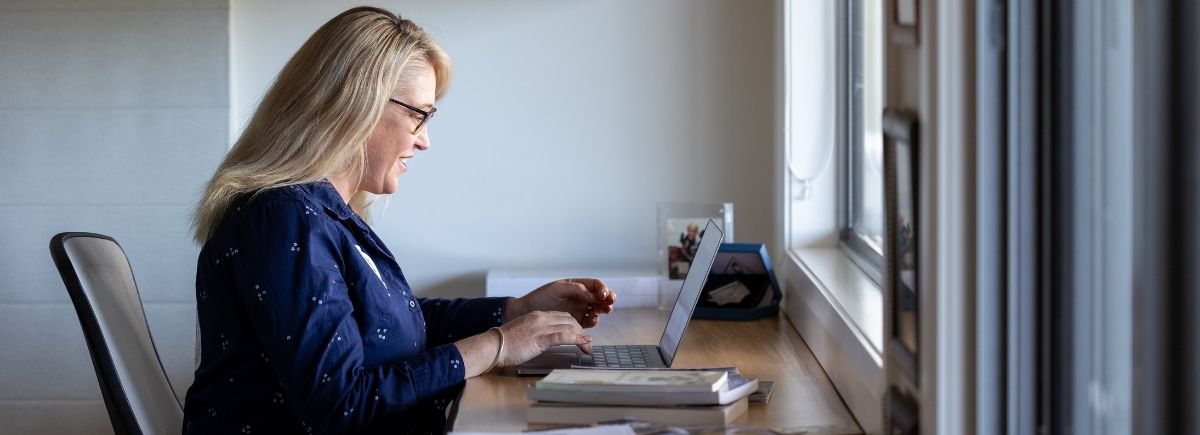
Our Blog
What is the best age to retire a therapy dog?

Oh, this is not an easy one to answer. But, I guess if we think about the humans we know who are close to finishing work, some people can’t wait to step into the exciting new world of retirement, and others hold onto their working life for as long as possible. I believe our dogs are the same.
The difference is that dogs don’t make the final decision. We, as their handlers and owners, do. This means that we have to be acutely aware of how our ageing dog is suited to the job they are doing. A full-working Canine Comprehension therapy dog should be able to work up to 4 sessions per day. In those sessions, they carry out high-energy activities such as agility and trick training and enjoy low-energy activities such as our ‘Just Add Dog’ mindfulness sessions.
We have a few dogs who have been absolute champions as working dogs, but they are moving closer to retirement. Because of this, we need to accommodate their needs. Some of our older therapy dogs may need to work fewer sessions daily. Others need to work in more relaxed environments, such as libraries. When moving towards retirement, some of our therapy dogs are suited to individual work, where they only need to focus on connecting with a single person.
Our company must listen to the tutors and their handlers and respect the dog's needs. So, how do we know when a dog wants to retire completely? The dog usually shows us by subtle behaviour changes such as wishing to sleep more in a session, showing less interest in the students, being overly tired when they get home, being less responsive to commands or even not wanting to run and jump in the car at the start of a working day.
This is where scheduling our clients with our tutor/dog teams can become complex. We must remember that dogs can’t communicate their needs with words. But that is not to say that they don’t speak. We need to be in tune with our dogs, watch them closely and be mindful of little changes in their behaviour so we can match them with clients they enjoy. Our dogs need to have the first say; we need to listen to them to make sure they are happy, healthy and fit for their working tasks.
